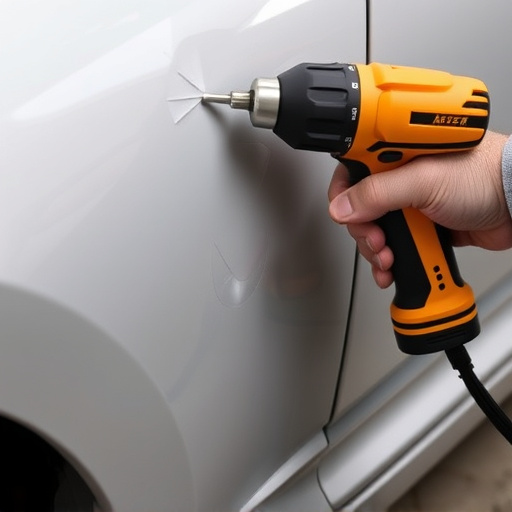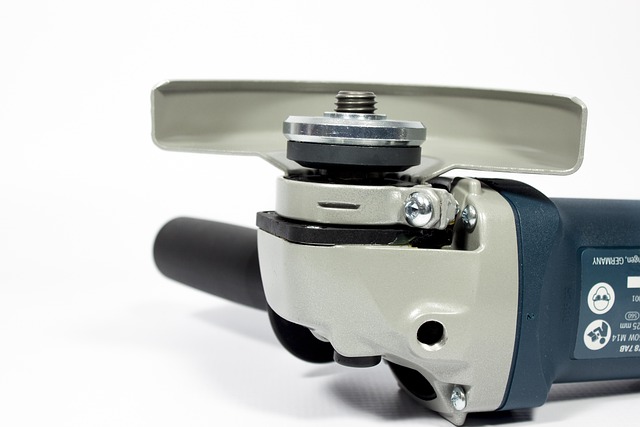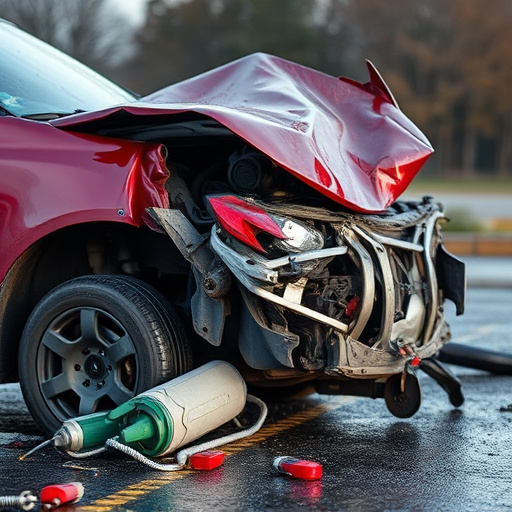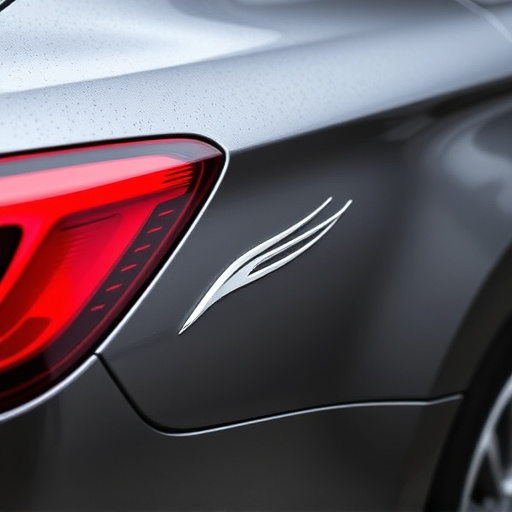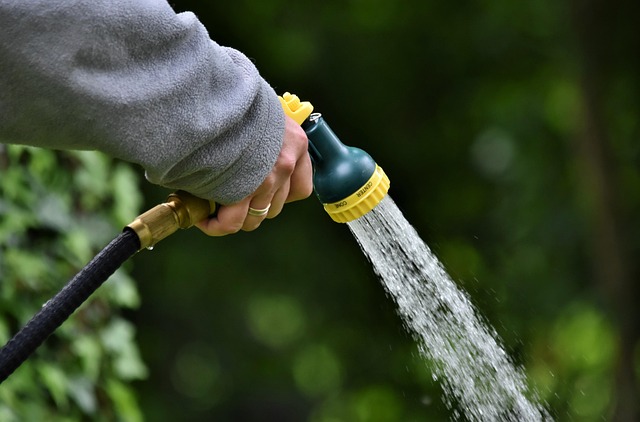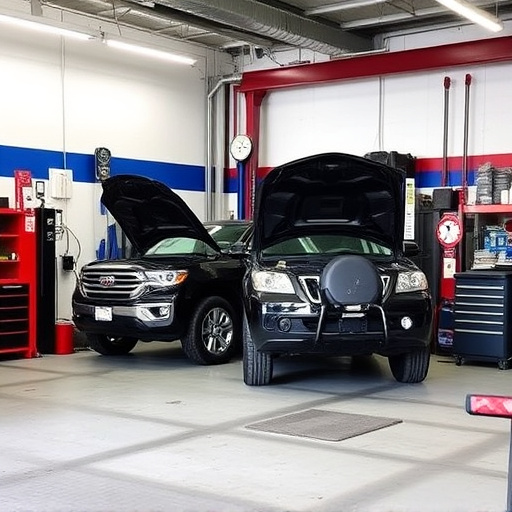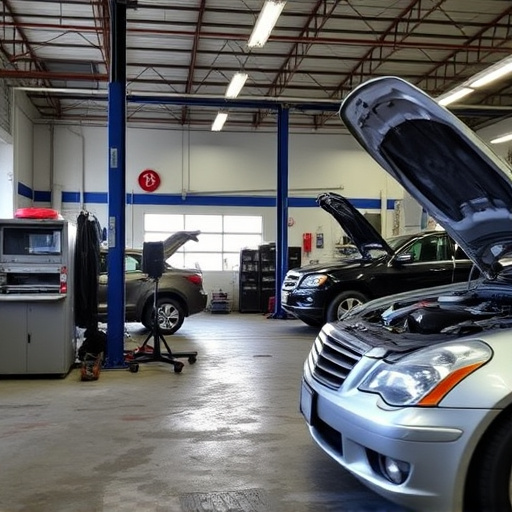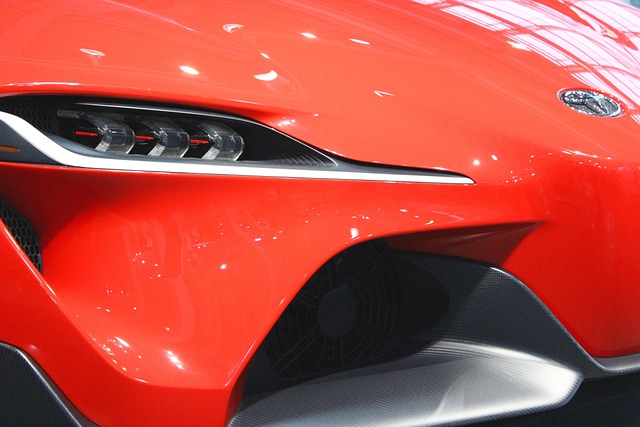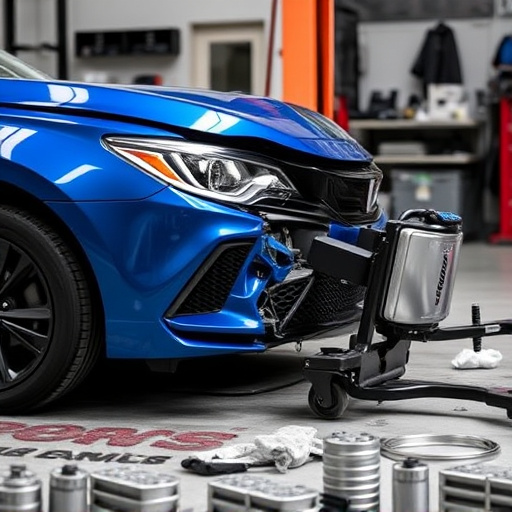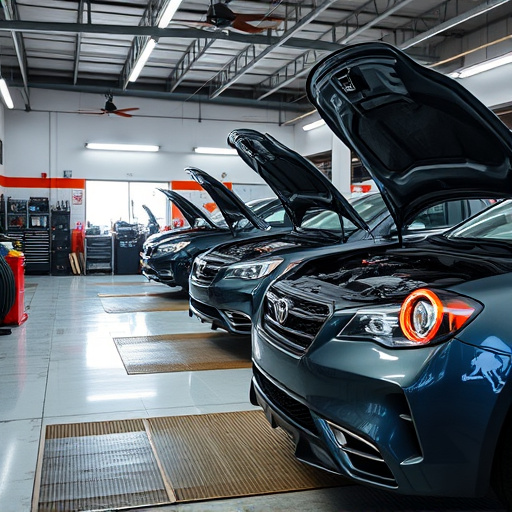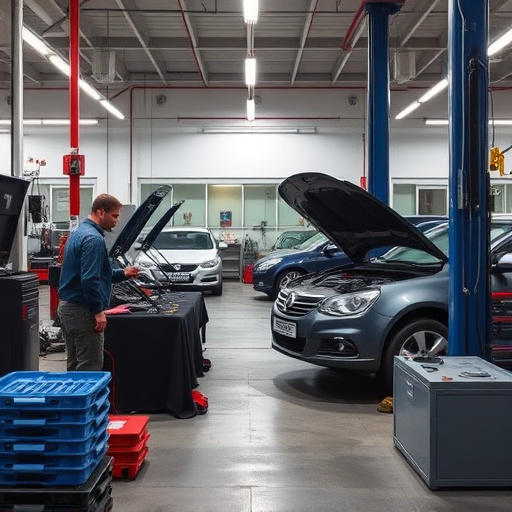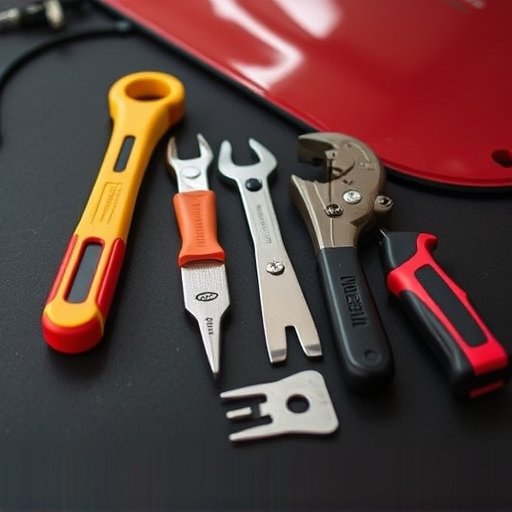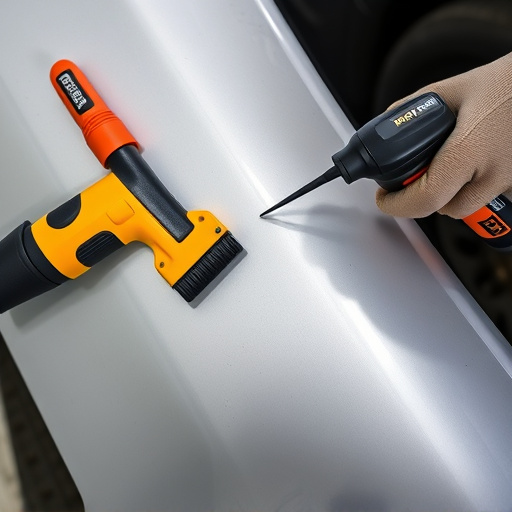Precision collision repair is crucial in the insurance claims sector, ensuring high-quality vehicle restoration and building trust among insurers, body shops, and policyholders. By utilizing state-of-the-art facilities, skilled technicians, and an understanding of manufacturing nuances, this specialized field maintains structural integrity, prevents future issues, and satisfies customers. It streamlines processes, reduces costs, and enhances reputations, creating a positive feedback loop that benefits all parties involved in vehicle repair claims.
In today’s digital era, precision collision repair has emerged as a game-changer in the automotive industry, reshaping the way insurers view and trust repair shops. With customers demanding high-quality services, insurers are increasingly recognizing the benefits of partnering with shops specializing in precise repairs. This article explores why insurers place their confidence in such shops, delving into the critical aspects of collision repair, the advantages for policyholders and insurers alike, and the long-lasting impact on vehicle value and safety.
- The Need for Precision in Collision Repair
- – Explaining the importance of high-quality repair for customer satisfaction and insurer trust.
- – Highlighting the potential issues with subpar repairs.
The Need for Precision in Collision Repair

In the realm of insurance claims processing, precision collision repair stands as a cornerstone of trust between insurers and their network of vehicle body shops. As car body repairs become increasingly complex with modern vehicle designs, the need for meticulous craftsmanship has never been more critical. Insurers recognize that sending policyholders to auto collision centers equipped with state-of-the-art facilities and highly skilled technicians ensures not just the structural integrity of damaged vehicles but also maintains their value post-repair.
The precision involved in this specialized field goes beyond mere aesthetics. Accurate restoration requires a deep understanding of vehicle manufacturing nuances, adherence to original equipment specifications, and utilization of advanced repair techniques. This level of detail is essential to prevent long-term issues that could compromise safety or reduce the resale value of the vehicle. By prioritizing precision collision repair, insurers can streamline their processes, minimize costs, and, most importantly, ensure satisfied policyholders who receive high-quality work on their damaged cars.
– Explaining the importance of high-quality repair for customer satisfaction and insurer trust.

Insurers rely on high-quality precision collision repair for several reasons, all of which contribute to fostering trust in their partners. Primarily, it ensures customer satisfaction. When a vehicle is repaired with meticulous attention to detail, owners are more likely to be pleased with the final result, matching or exceeding their expectations. This, in turn, enhances their faith in the insurer’s recommendation and the repair shop’s capabilities.
Moreover, precision collision repair minimizes the risk of future issues arising from inadequate or sloppy work. Accurate repairs ensure that all components are correctly aligned and restored to their original specifications, preventing structural weaknesses or functional failures. This reduces the likelihood of costly re-repairs, creating a positive feedback loop that strengthens the relationship between insurers and trusted repair shops, with both parties benefiting from enhanced reputation and operational efficiency.
– Highlighting the potential issues with subpar repairs.
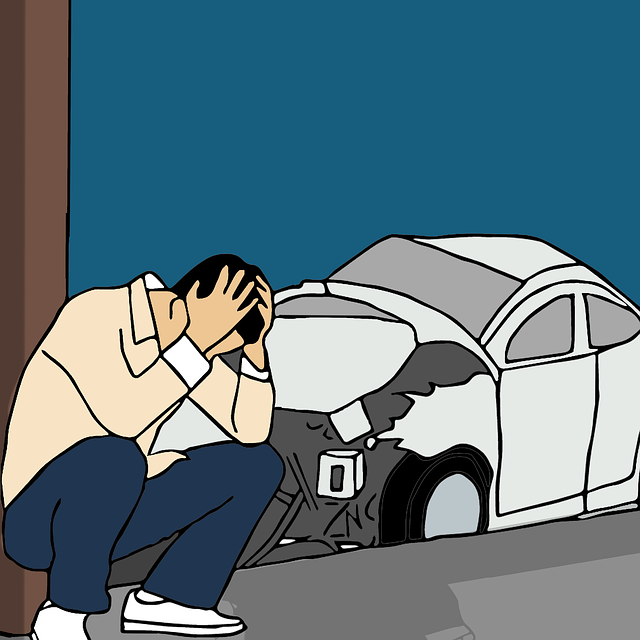
Insurers face a significant challenge when dealing with claims for vehicle repairs, particularly when subpar work is involved. What starts as an effort to save costs can lead to long-term issues and increased expenses. Inaccurate or incomplete repairs can cause further damage, necessitating additional fixes down the line. This not only delays the claims process but also raises suspicions about the quality of the initial repair work.
Precision collision repair stands out as a solution, ensuring that vehicles are restored to their pre-accident condition accurately and efficiently. It involves meticulous attention to detail, including auto body painting and car paint repair, to match the original finish perfectly. This level of expertise minimizes the risk of hidden damage or aesthetic imperfections, fostering trust between insurers, repair shops, and policyholders.
Insurers place their trust in shops offering precision collision repair due to its paramount importance in customer satisfaction and maintaining reliable, safe vehicles. High-quality repairs not only protect insurers from financial losses but also foster a positive perception of their services. Subpar repairs can lead to structural weaknesses, compromising vehicle safety and potentially causing further damage or accidents. By prioritizing precision collision repair, insurers ensure their customers’ peace of mind and maintain the integrity of their reputation in an industry where trust is paramount.
